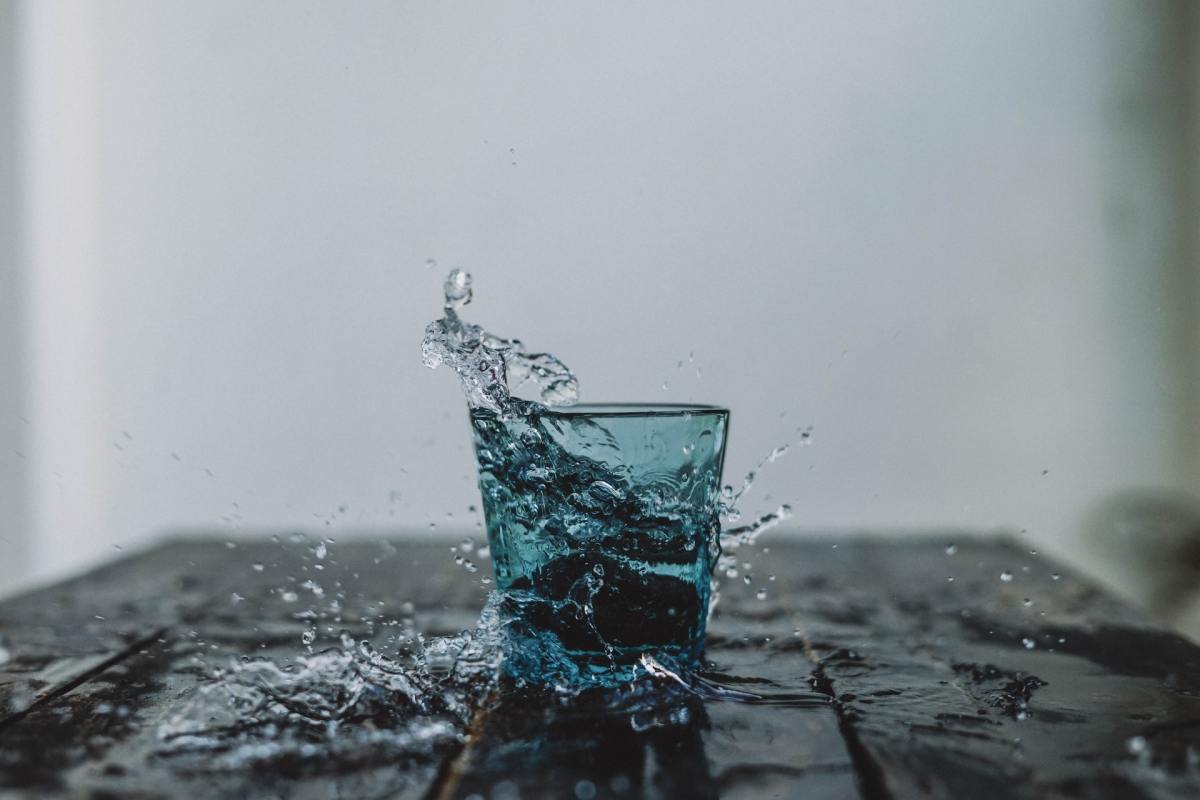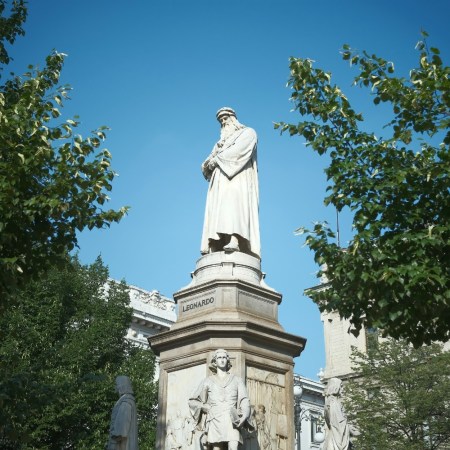To state the obvious: sometimes, physics is weird. While that’s applicable to things like, say, quantum mechanics, the weirdness of physics can also apply to other realms. Take, for instance, a relatively simple question: does hot water or cold water freeze more quickly? You’d think that the latter would be the obvious answer — but it’s not necessarily the most accurate one.
If you’ve ever spent time researching the best way to, say, chill a bottle of beer, you’re probably already aware that there’s been a lot written about the science of cooling liquids down. Writing in The Atlantic, Adam Mann ventured into the debate over a theoretically simple experiment that’s proven more challenging than you’d expect.
For decades, questions have surrounded the phenomenon of the Mpemba effect — which is to say, the idea that hot water freezes more quickly than cold water. As Mann writes, Erasto Mpemba and Denis Osborne documented this in the 1960s, but subsequent studies have encountered issues replicating it.
As Mann describes, some researchers have found that the irregular results that various scientists have observed has to do with equilibrium, which can have an effect on how hot or cold water reacts to freezing temperatures.
While the ability to cool down a glass of water quickly seems fairly straightforward, the article also points out that the Mpemba effect could also have a bearing on creating cooling systems with broader functions. At a time of rising temperatures around the world, that science could prove useful in countless ways.
Thanks for reading InsideHook. Sign up for our daily newsletter and be in the know.

















